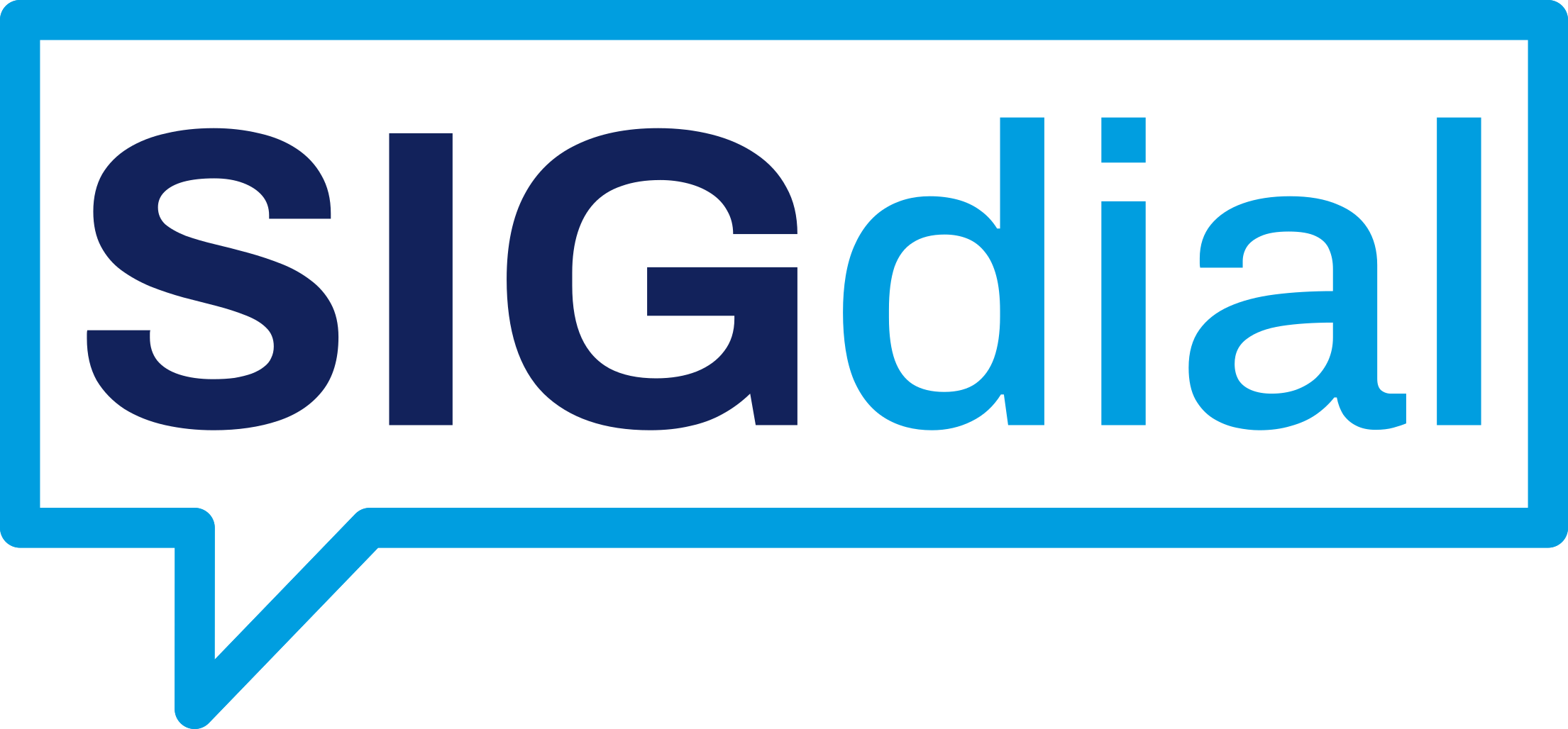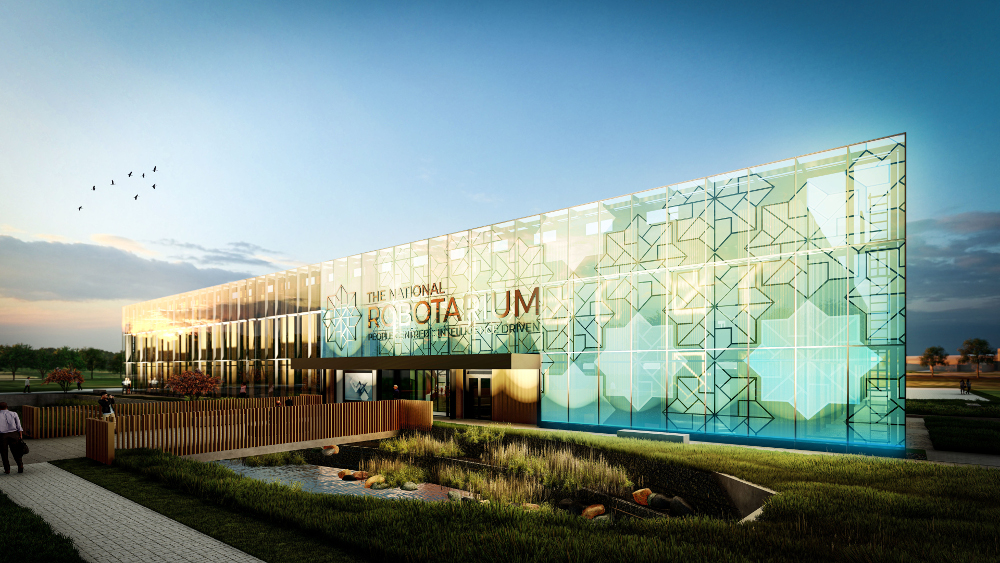SIGDIAL 2022 Special Session
Overview
Despite the clear relationship between social intelligence and fluent, flexible linguistic interaction, in practice, few interactive robots employ anything beyond a simple template-based approach when conversing and generating output. This means that robot developers cannot take advantage of the flexibility afforded by dialogue systems and natural language generation (NLG) when generating output in dynamic environments or when output must be generated in different contexts or multiple target languages or for different types of users.
This special session will be of interest to the dialogue systems community focusing on NLG and response generation for Human-Robot Interaction. The session aims to highlight the challenges and opportunities for NLG in Human-Robot Interaction with talks on the topic as well as a dedicated panel session. This special session will also be of interest to researchers from other fields that focus on ‘interaction’ such as spoken dialogue systems, intelligent virtual agents, or intelligent user interfaces.
Objectives
- To encourage novel and innovative research in dialogue systems and NLG for HRI, bringing these research communities together.
- To bridge the gap between these disciplines to identify problems that have not yet received much attention such as, turn taking, spoken language interaction and generation for HRI.
- To discuss and highlight the need for more research output and associated challenges in the under-explored areas of natural language interaction in human robot interaction.
NLiHRI Special Session Arrangements
We will conduct a series of 20’-30′ minutes oral presentations from accepted papers to cover various aspects of Natural Language Interaction (dialogue and NLG) relevant to HRI. This will be followed by a panel discussion with leading researchers in the field.
Call for Papers
We invite regular papers that report on:
- Novel datasets that emulate real-world phenomena in language for flexibility in natural language interaction.
- Explorations and benchmarks in datasets that address real-world natural language interaction.
- Natural language generation for interactive robots and virtual agents.
- Commonsense enhanced dialogue for conversational agents and human robot interaction.
- New approaches in turn taking and task-based interaction in conversational systems as applied to HRI.
- Modelling natural language for emulating human conversation in interactive robots and virtual agents.
- Extensions on referring expression generation in interactive agents.
- Spoken language interaction in social robots and virtual agents.
- New approaches to dialogue management for real-world natural language interaction.
- Multimodal integration of rule-based and foundation models for social interaction.
- Effective adaptations to pre-trained languages models for real-world interaction and tasks.
- Position papers that identify and explore the current state-of-the-art, with admissions in future directions and research to expand the field.
- Qualitative or quantitative research on how foundation models should best respond to various types of real-world phenomena, i.e unscripted events, situations and knowledge.
- Best practices in language generation, tools, and resources, including evaluation practices.
Paper Format
Regular Papers
Regular papers of up to 8 pages in length excluding appendices, and an unlimited number of pages for references. Regular papers should state in detail the evaluation, novelty and original contributions to existing knowledge and how the research builds on the current state of the art. These papers should include full illustrations, tables and figures with appropriate and recent citations to relevant research. Links to external videos, datasets, guides and code can be included in the body of the text via hyperlinks. These papers will appear in the main SIGdial proceedings and are presented with the main track.
Short Papers
Short papers of up to 4 pages, not including references or appendices. Short papers should report on initial findings, interesting application or small contributions. They should be clear and concise with attention to the novelty and contributions of the findings. Like regular papers, short papers should include tables and figures if necessary and hyperlinks within the main body to external sources such as, datasets, video demos and code. These papers will appear in the main SIGdial proceedings and are presented with the main track.
Submission Instructions
Papers will be submitted through the SIGdial submission portal, make sure to select the NLiHRI option to submit to this special session. Link: START system
Important Dates
- Deadline for regular and short paper submission: 11-May-22
- Notification for regular and short papers: 2-Jul-22
- Camera-ready: 24-Jul-22
- NLiHRI Session Event Date: TBA
Location and Schedule
The NLiHRI special session at SIGDIAL 2022 is a hybrid in-person and online event held at Heriot-Watt University.
Speakers
TBA
Panel Members
- Joyce Chai, University of Michigan
- Christian Dondrup, Heriot-Watt University
- Mary Ellen Foster, University of Glasgow
- Gabriel Skantze, KTH Royal Institute of Technology
Organising Committee
Dimitra Gkatzia – Edinburgh Napier University
Carl Strathearn – Edinburgh Napier University
Yancho Yu – Edinburgh Napier University

